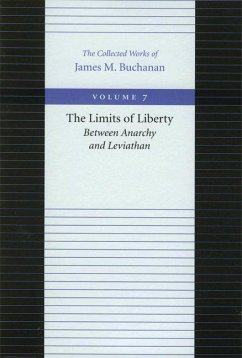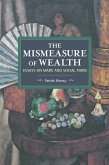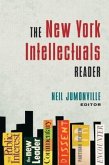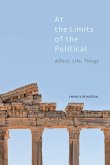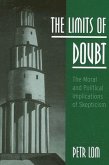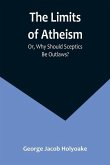Published originally in 1975, The Limits of Liberty made James Buchanan's name more widely known than ever before among political philosophers and theorists and established Buchanan, along with John Rawls and Robert Nozick, as one of the three new contractarians, standing on the shoulders of Hobbes, Locke, and Kant. While The Limits of Liberty is strongly related to Buchanan's Calculus of Consent (Vol. 3 in Liberty Fund's Collected Works of James M. Buchanan), it is logically prior to the Calculus, according to Hartmut Kliemt in the foreword, even though it was published later. As Kliemt states, "[The Limits of Liberty] characterizes the status quo from the point where Paretian politics starts and at the same time describes conceivable processes of interindividual agreement that might lead from a natural equilibrium to a political one." Buchanan frames the central idea most cogently in the opening of his preface: "Precepts for living together are not going to be handed down from on high. Men must use their own intelligence in imposing order on chaos, intelligence not in scientific problem-solving but in the more difficult sense of finding and maintaining agreement among themselves. Anarchy is ideal for ideal men; passionate men must be reasonable. Like so many men have done before me, I examine the bases for a society of men and women who want to be free but who recognize the inherent limits that social interdependence places on them." James M. Buchanan (1919-2013) was an eminent economist who won the Alfred Nobel Memorial Prize in Economic Sciences in 1986 and was considered one of the greatest scholars of liberty in the twentieth century.
Hinweis: Dieser Artikel kann nur an eine deutsche Lieferadresse ausgeliefert werden.
Hinweis: Dieser Artikel kann nur an eine deutsche Lieferadresse ausgeliefert werden.

